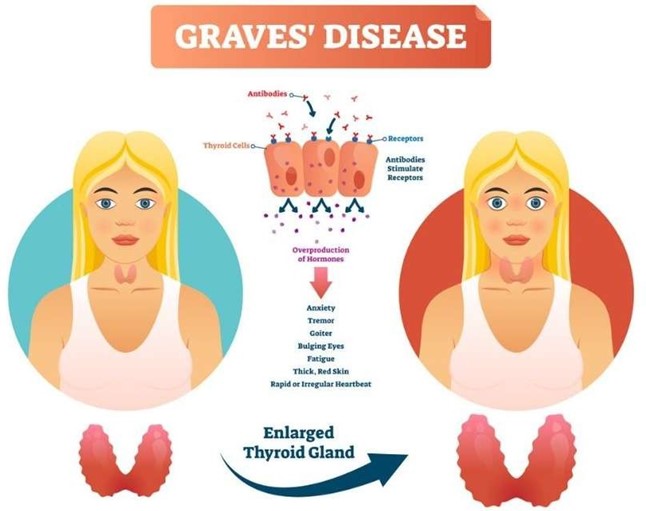A nurse realizes that they failed to administer a medication that was due 4 hr ago to a client.
Which of the following actions should the nurse take first?
File an incident report.
Determine factors that led to the omission.
Assess the client for adverse reactions.
Report the missed dosage to the client's provider.
The Correct Answer is C
The first action the nurse should take is to assess the client for adverse reactions.
It is important to ensure the client’s safety and well-being before taking any further actions.
Choice A is wrong because filing an incident report is not the first action the nurse should take.
Choice B is wrong because determining factors that led to the omission is not the first action the nurse should take.
Choice D is wrong because reporting the missed dosage to the client’s provider is not the first action the nurse should take.
Nursing Test Bank
Naxlex Comprehensive Predictor Exams
Related Questions
Correct Answer is A
Explanation
The nurse should administer the medication over 2 hr because amphotericin B lipid complex should be infused slowly intravenously.
Choice B is wrong because priming the tubing with 0.9% sodium chloride is not mentioned as a necessary action when administering amphotericin B lipid complex via intermittent IV bolus.
Choice C is wrong because discarding the medication if it is yellow is not mentioned as a necessary action when administering amphotericin B lipid complex via intermittent IV bolus.
Choice D is wrong because a gravity flow set is not mentioned as a necessary action when administering amphotericin B lipid complex via intermittent IV bolus.
Correct Answer is C
Explanation

Methimazole is a medication used to treat hyperthyroidism, a condition where the thyroid gland produces too much thyroid hormone.
Bradycardia, or a slow heart rate, can be a sign that the client’s thyroid hormone levels have become too low, indicating that the dose of methimazole may need to be decreased.
Choice A is wrong because Exophthalmos, is not an indication for a lower dose of methimazole as it is a symptom of Graves’ disease itself and not related to the medication.
Choice B is wrong because Diaphoresis, or excessive sweating, is also not an indication for a lower dose of methimazole as it can be a symptom of hyperthyroidism.
Choice D is wrong because Weight loss, is also not an indication for a lower dose of methimazole as it can be a symptom of hyperthyroidism.
Whether you are a student looking to ace your exams or a practicing nurse seeking to enhance your expertise , our nursing education contents will empower you with the confidence and competence to make a difference in the lives of patients and become a respected leader in the healthcare field.
Visit Naxlex, invest in your future and unlock endless possibilities with our unparalleled nursing education contents today
Report Wrong Answer on the Current Question
Do you disagree with the answer? If yes, what is your expected answer? Explain.
Kindly be descriptive with the issue you are facing.
